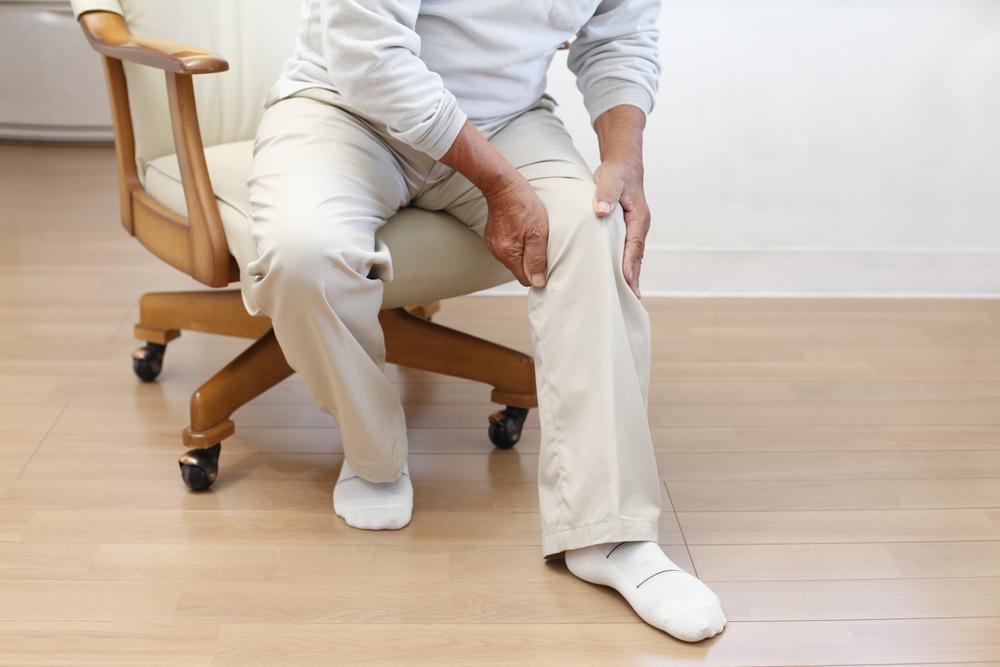All You Need to Know about Gout and How to Treat It
A gout is a type of arthritis that causes inflammation in certain parts of the body where the level of uric acid rises. Purines break down into uric acid and crystallize in the bone joints causing painful arthritis, blockage in the kidney tubules, and forming kidney stones that may become fatal and even lead to kidney failure.
Gout is one of the most frequently complained medical ailments across the country.

About 4% of the adults in the country are affected by gout among which 6 million are men and 2 million are women. Men over 40 years are more prone to be affected by this ailment. Gout is detected by checking the levels of uric acid crystals or monosodium urate in an aspirated joint fluid sample. The monosodium urate accumulates in the joints over the years and can cause repeated painful attacks that may lead to chronic arthritis in the future.
Causes of gout
Several factors that elevate the level of uric acid in the blood are as follows:
- Genetic factors: Some people inherit genes from their forefathers, which means that though their kidneys are absolutely normal and healthy, they still could be inefficient in fully removing the uric acid from the blood. This is one of the most common causes of gout and the genes are to be blamed for this.
- Kidney disease: Likewise people having genuine kidney disease could develop gout as the kidneys cannot get rid of the monosodium urate completely.
- Obesity: Being obese and overweight makes the kidneys ineffective at removing monosodium urate.
- Health conditions: High blood pressure, high cholesterol, and type-2 diabetes can increase the risk of this painful arthritis as this makes the kidneys ineffective in removing the excess of uric acid from the blood.
- Diet: Eating high quantities of purine-rich foods like red meat, seafood, and offal and drinking too much alcohol especially beer can increase the levels of uric acid in the blood.
- Medications: Certain medicines like aspirin and other diuretics increase the risk of developing painful inflammations in the bone joints.
Symptoms of gout
There are no warning signs of gout as such, and it may occur suddenly and especially at night. The severe pain is characterized by swelling, redness, warmth, discoloration, and tenderness in the affected joint. The large joint of the big toe is the most affected area of this kind of arthritis. Other joints like that of the knees, ankles, fingers, elbows, and wrists may also be affected. Sometimes the pain becomes so excruciating that even the weight of a piece of paper could be unbearable. The painful attacks, however, generally tend to subside.
Treatments for gout
While there are some medications that are used to treat the swollen and painful joints, there are other medications available as well that are prescribed by doctors to prevent any further attacks. An individual should consult a doctor immediately if he or she finds that the medicines are not working for him or her or if there are other complications he or she is experiencing after taking any of these medicines. Prescribed nonsteroidal medications, placing ice packs over the affected areas, and exercising are some of the common remedies of this painful attack which may take hours to days to subside.

